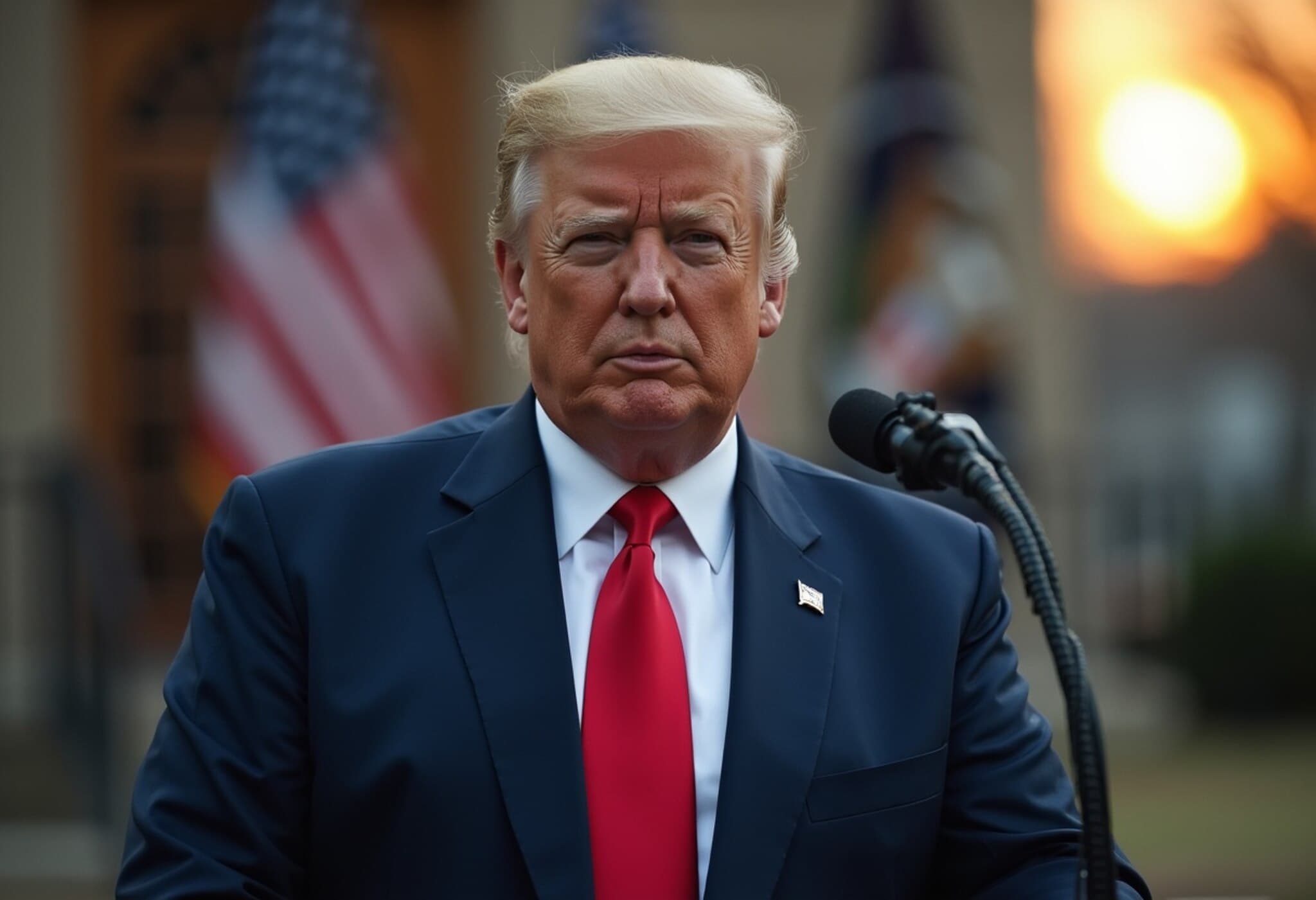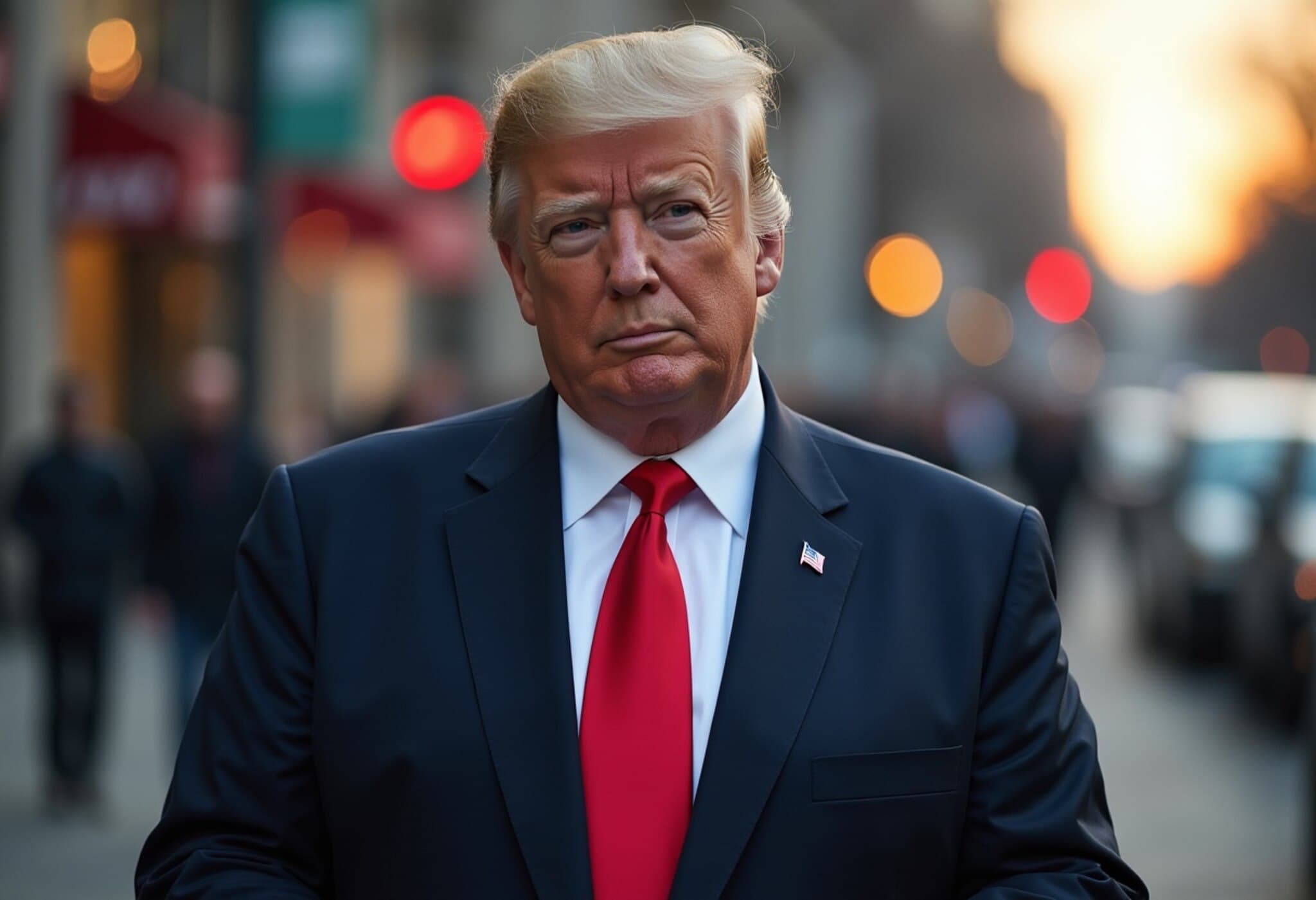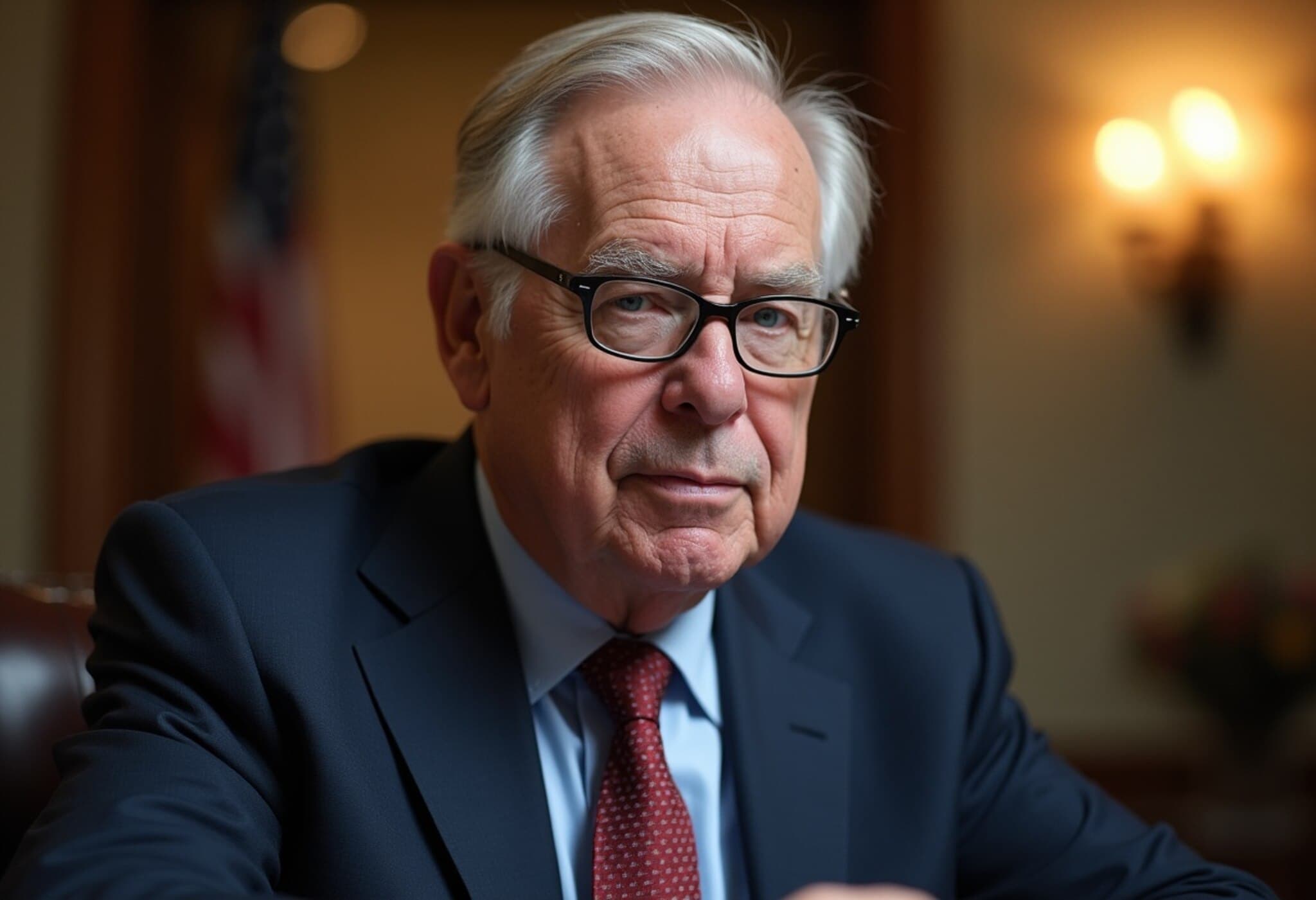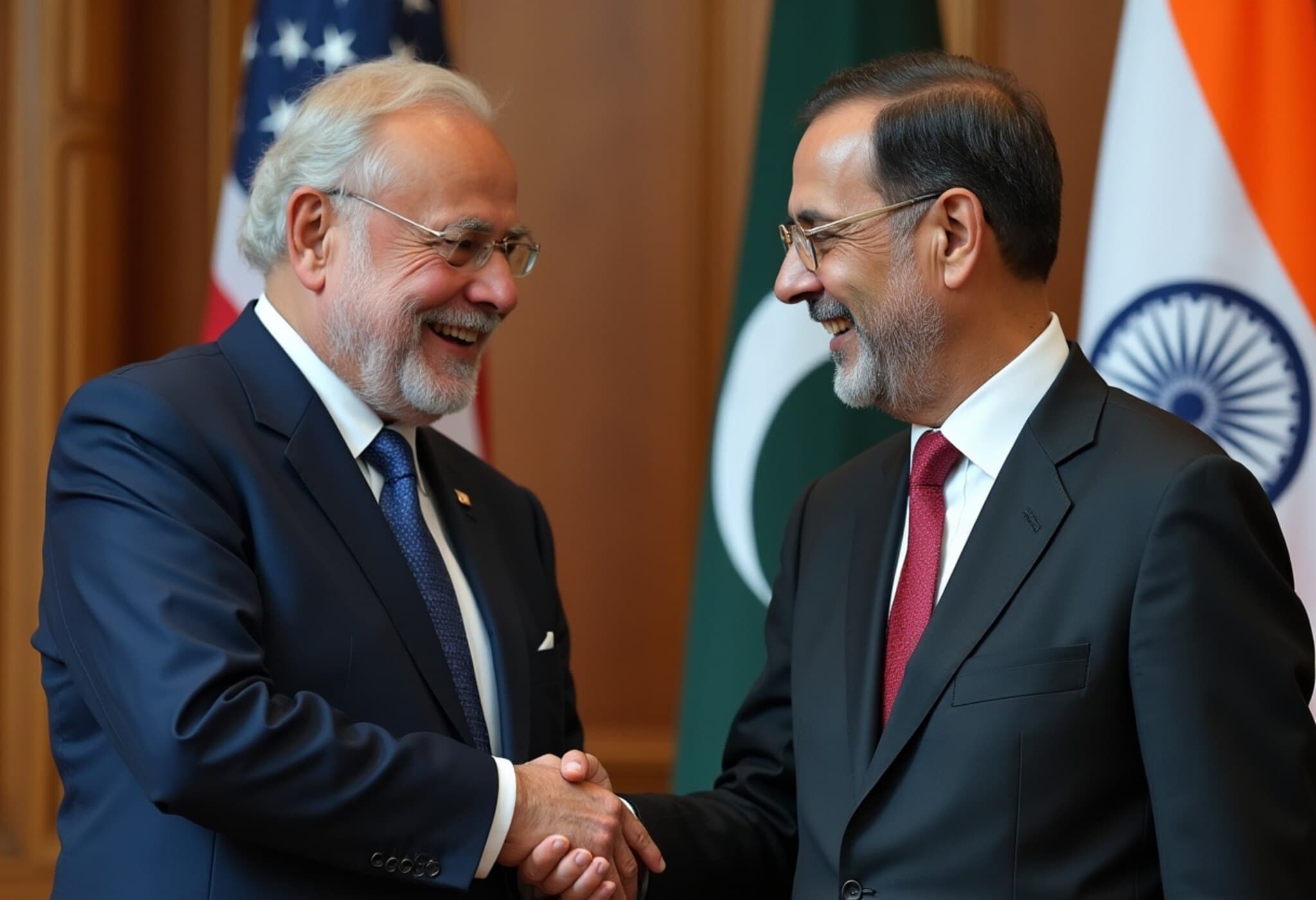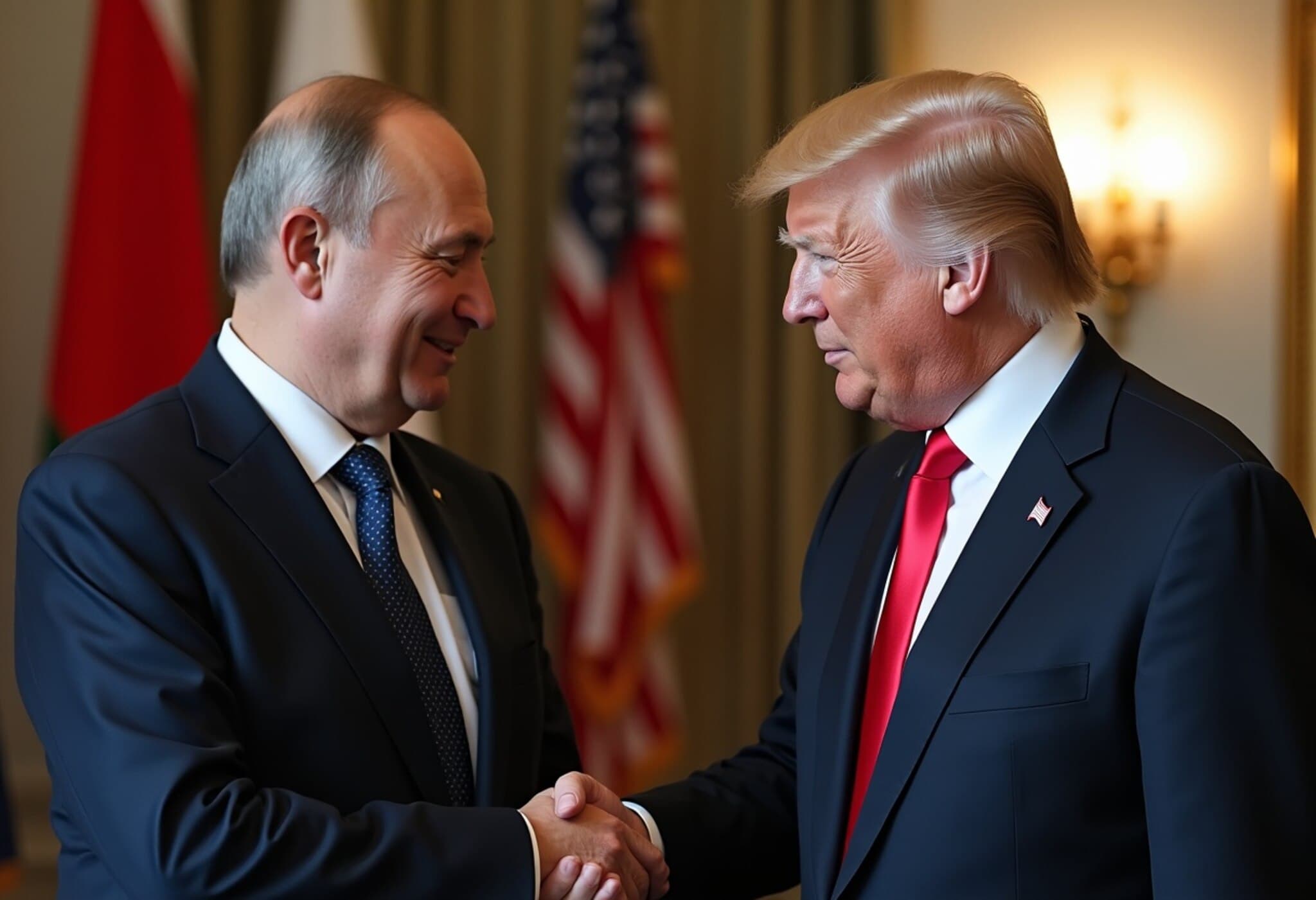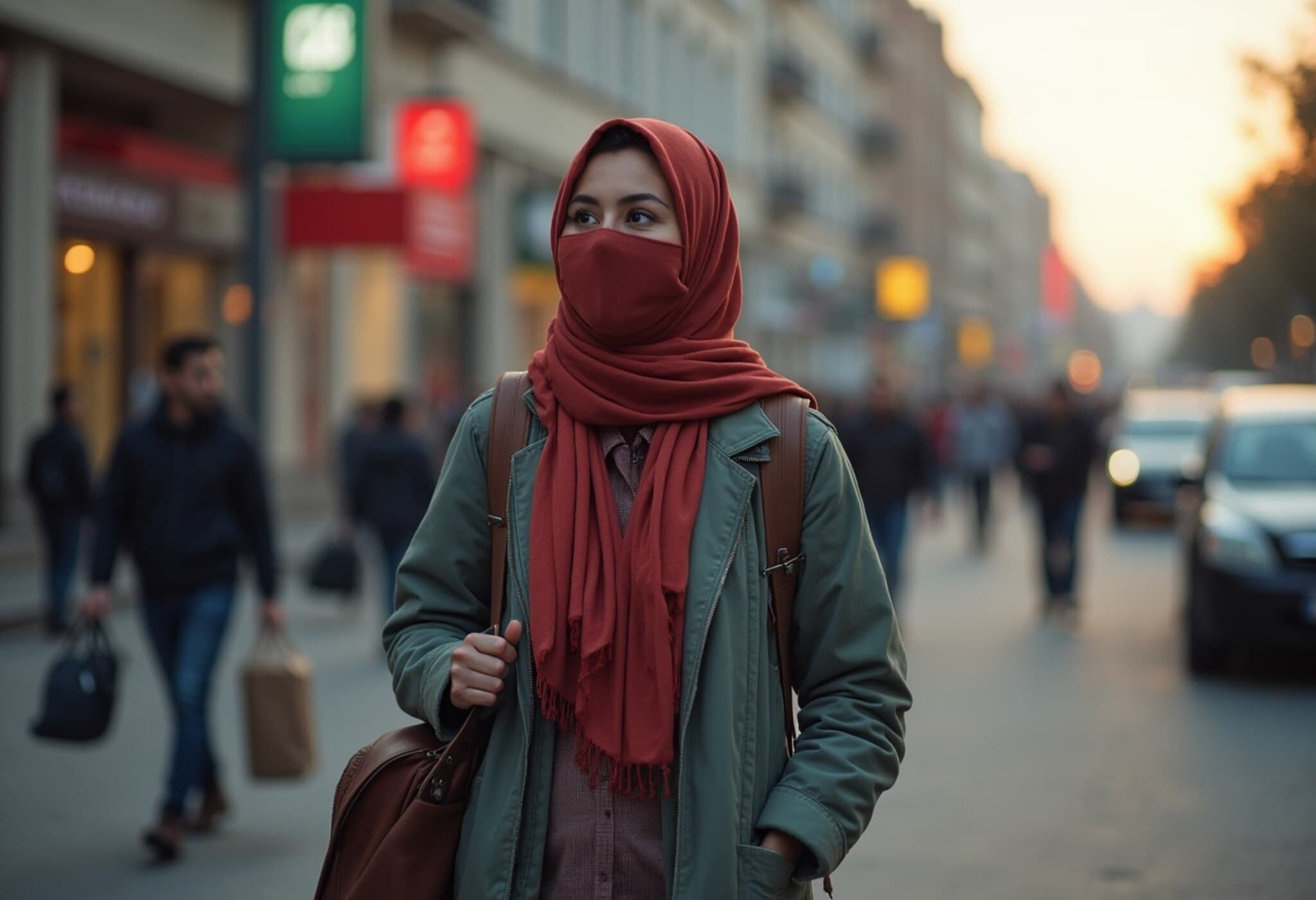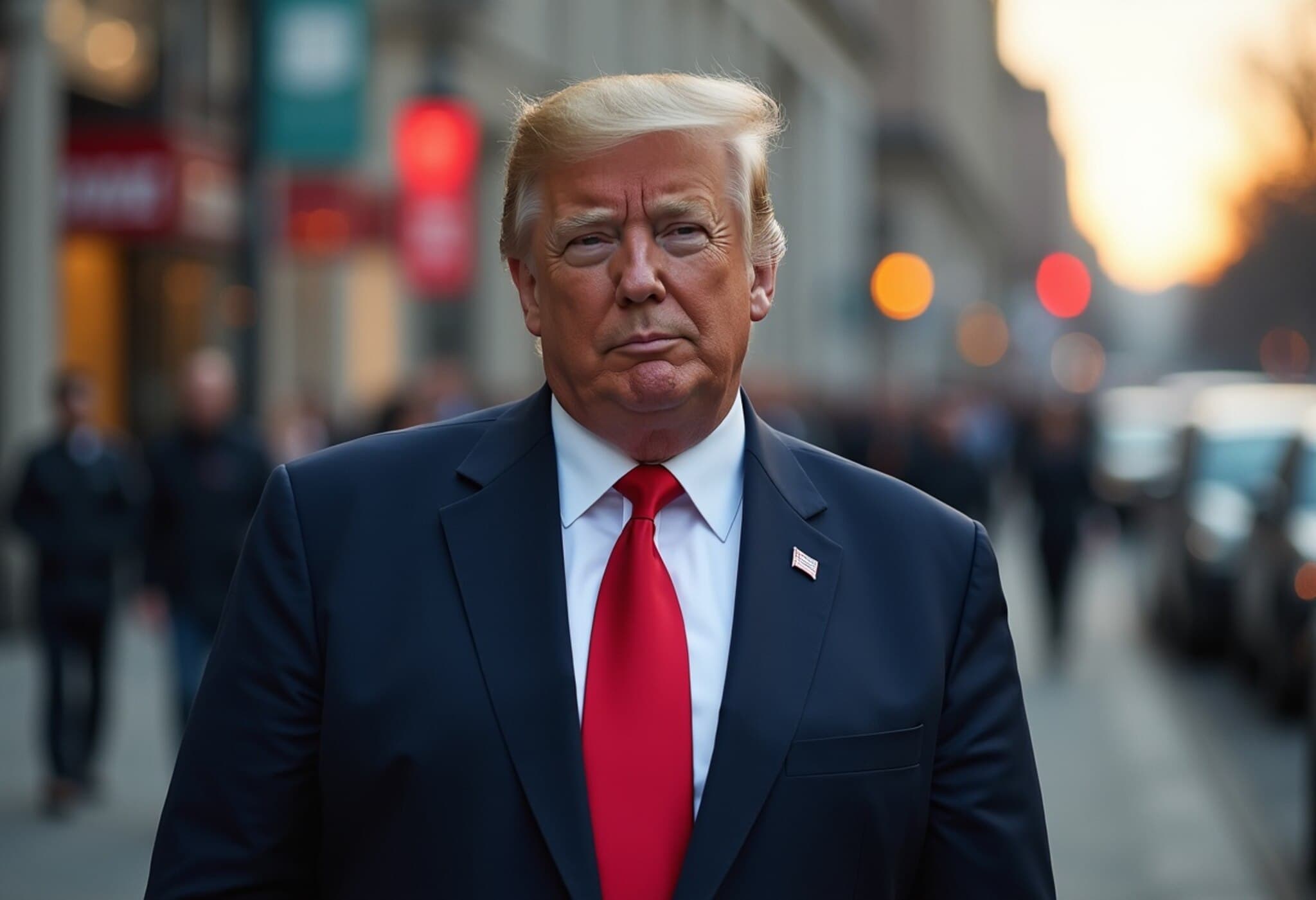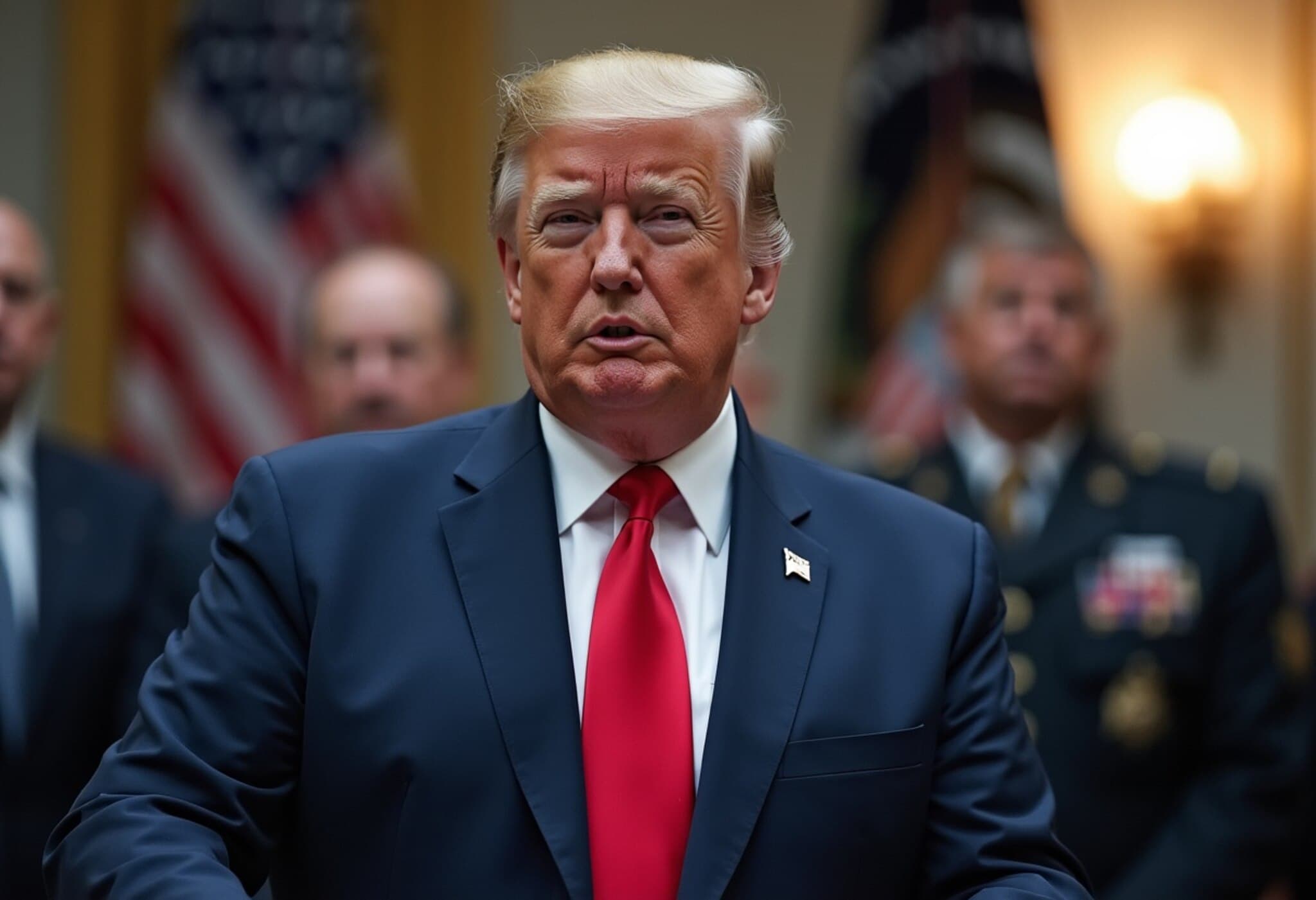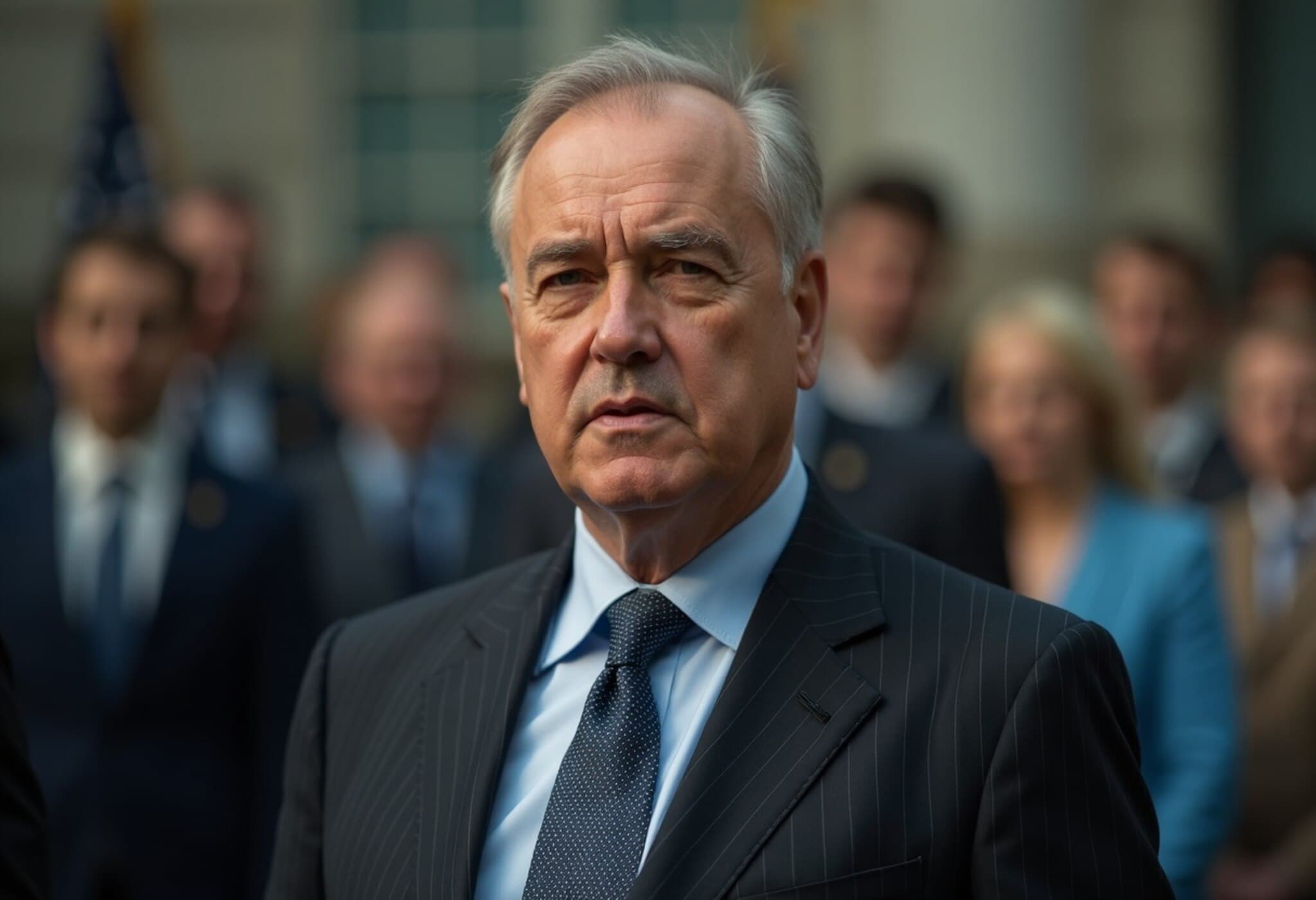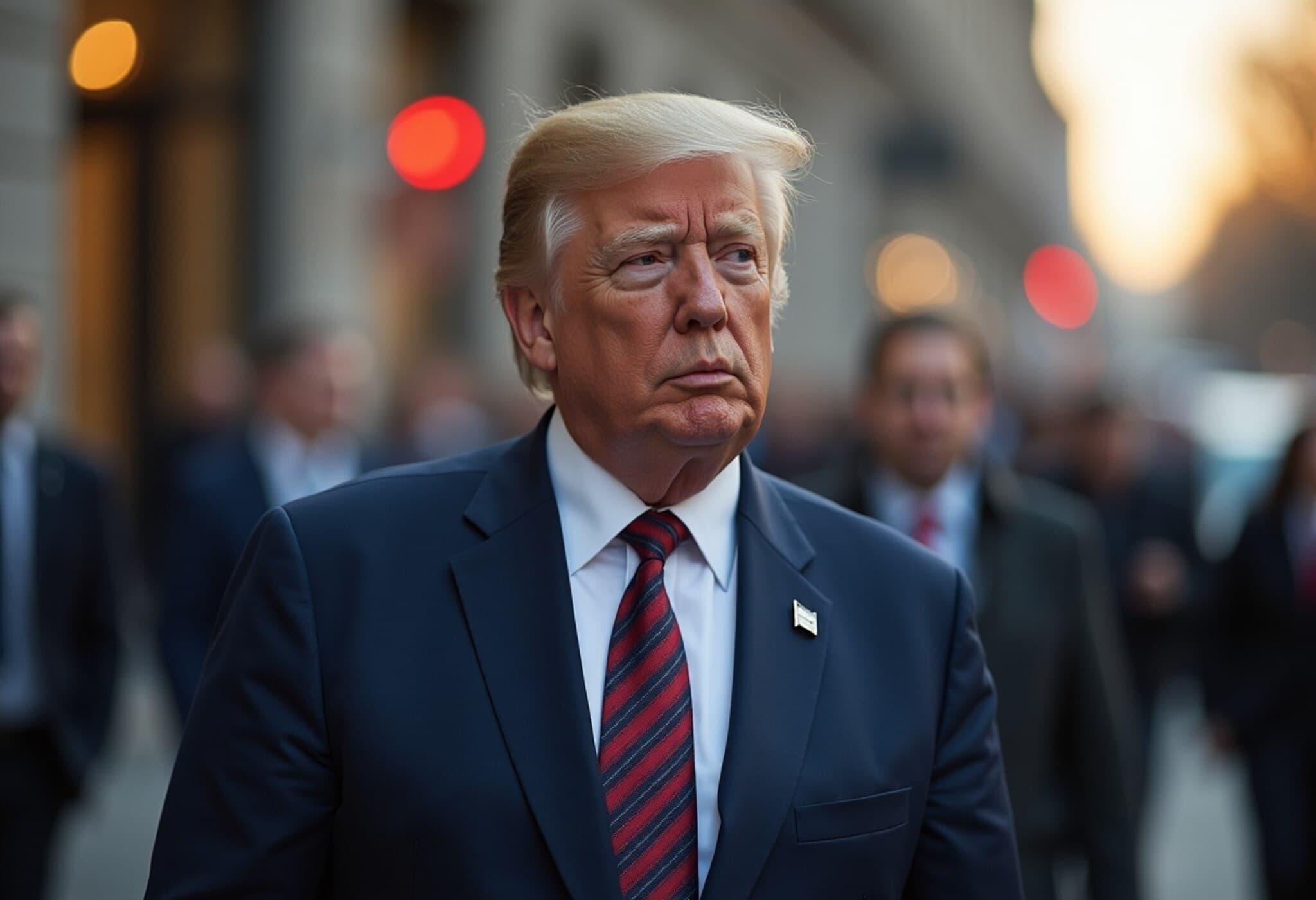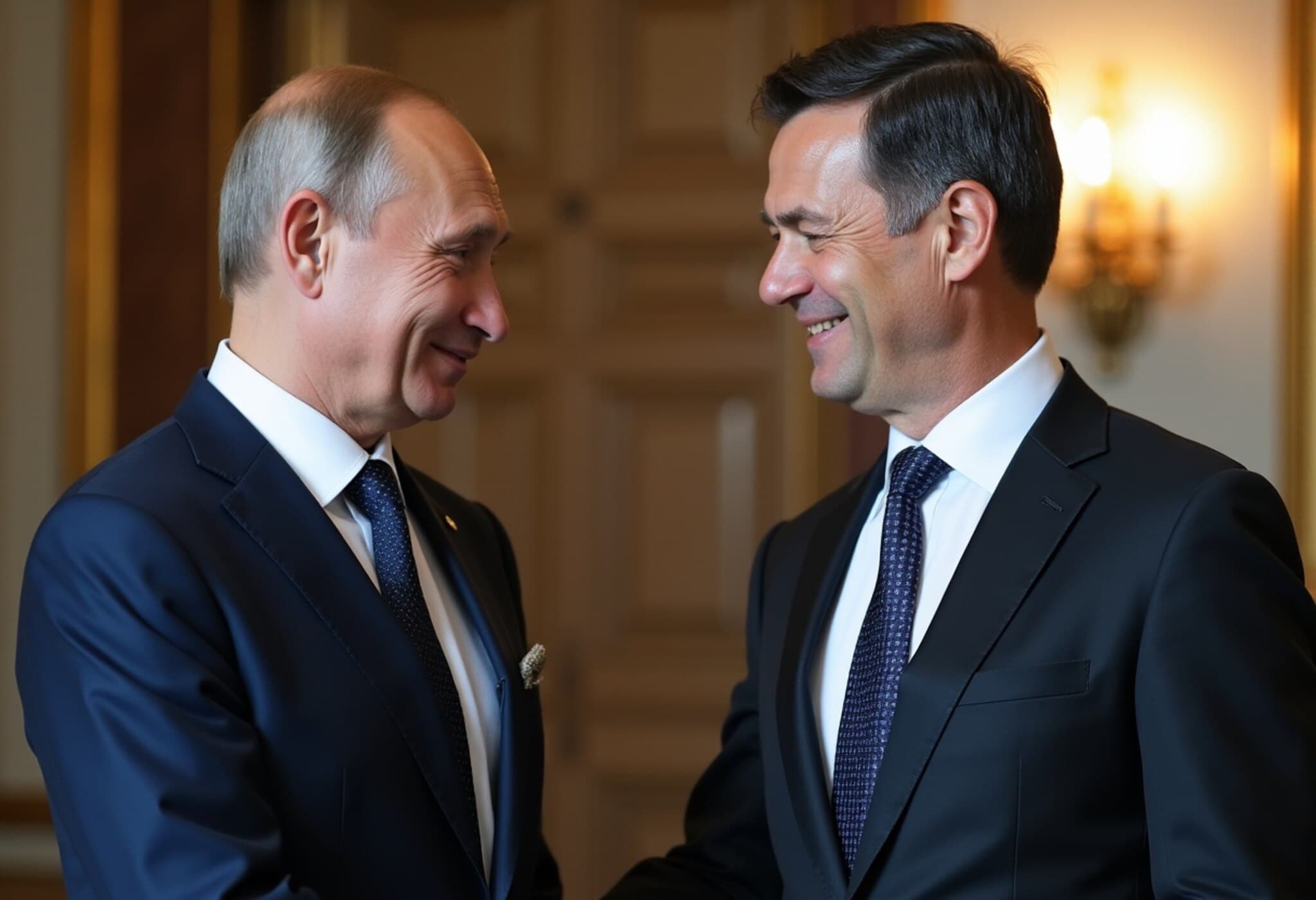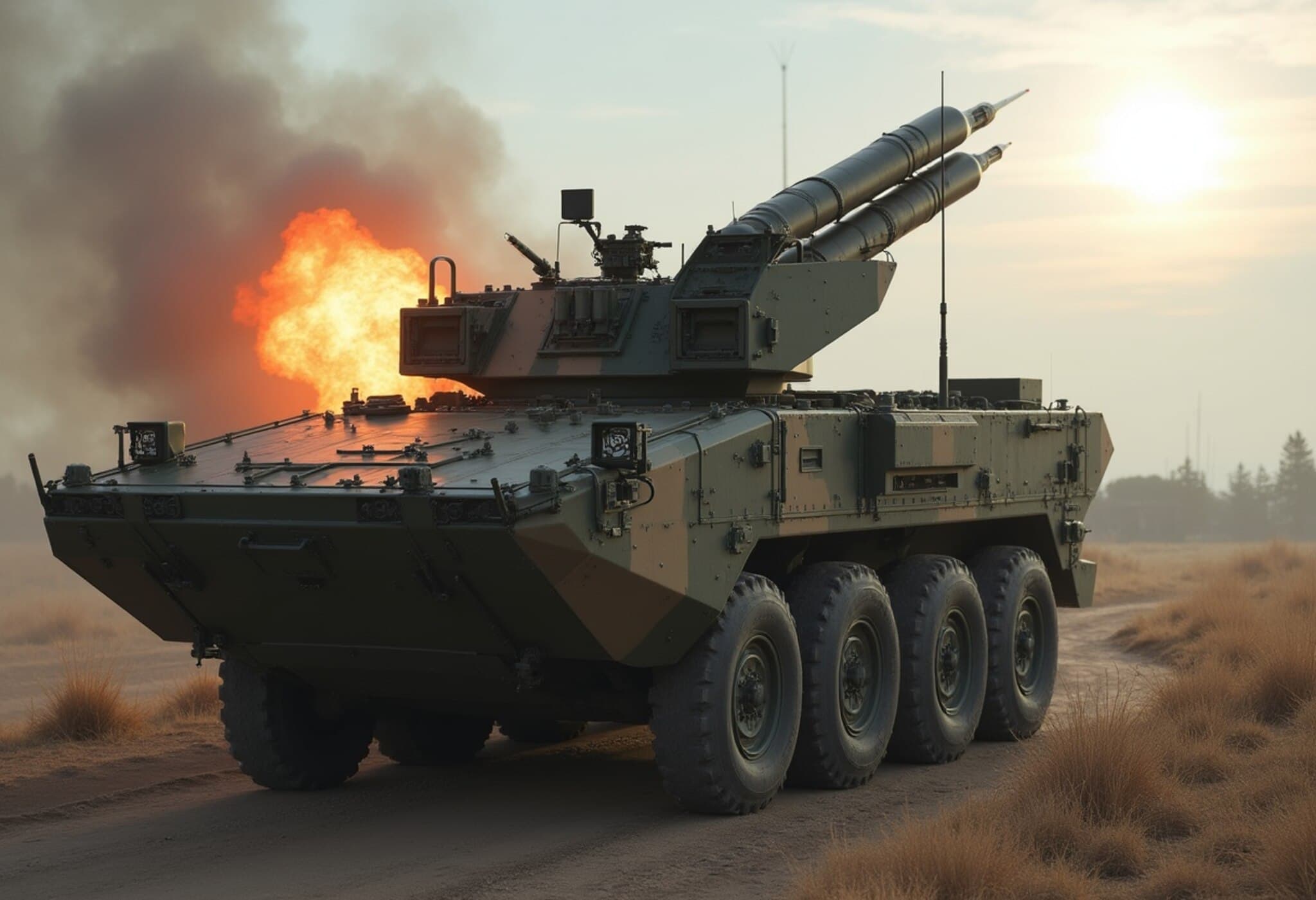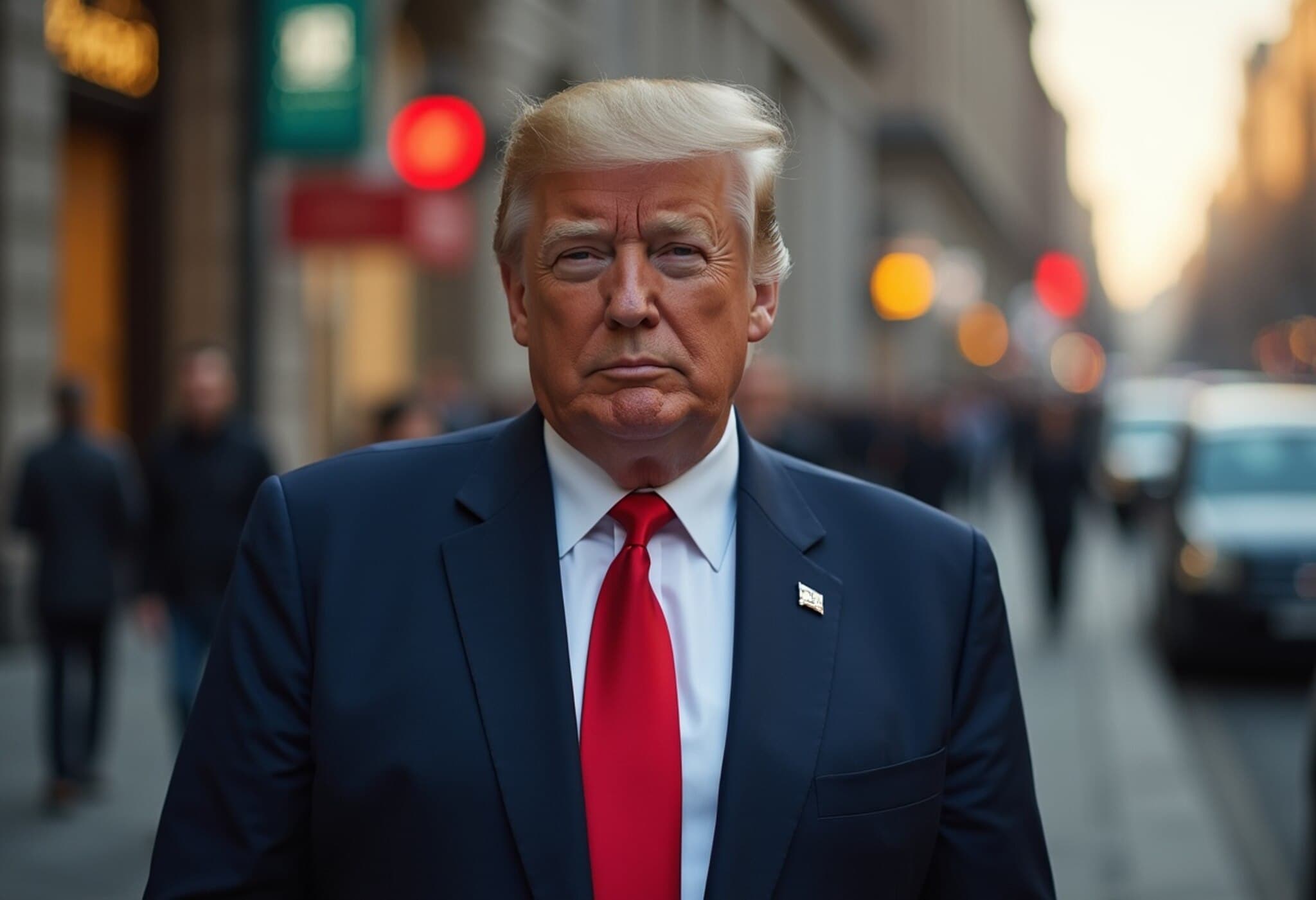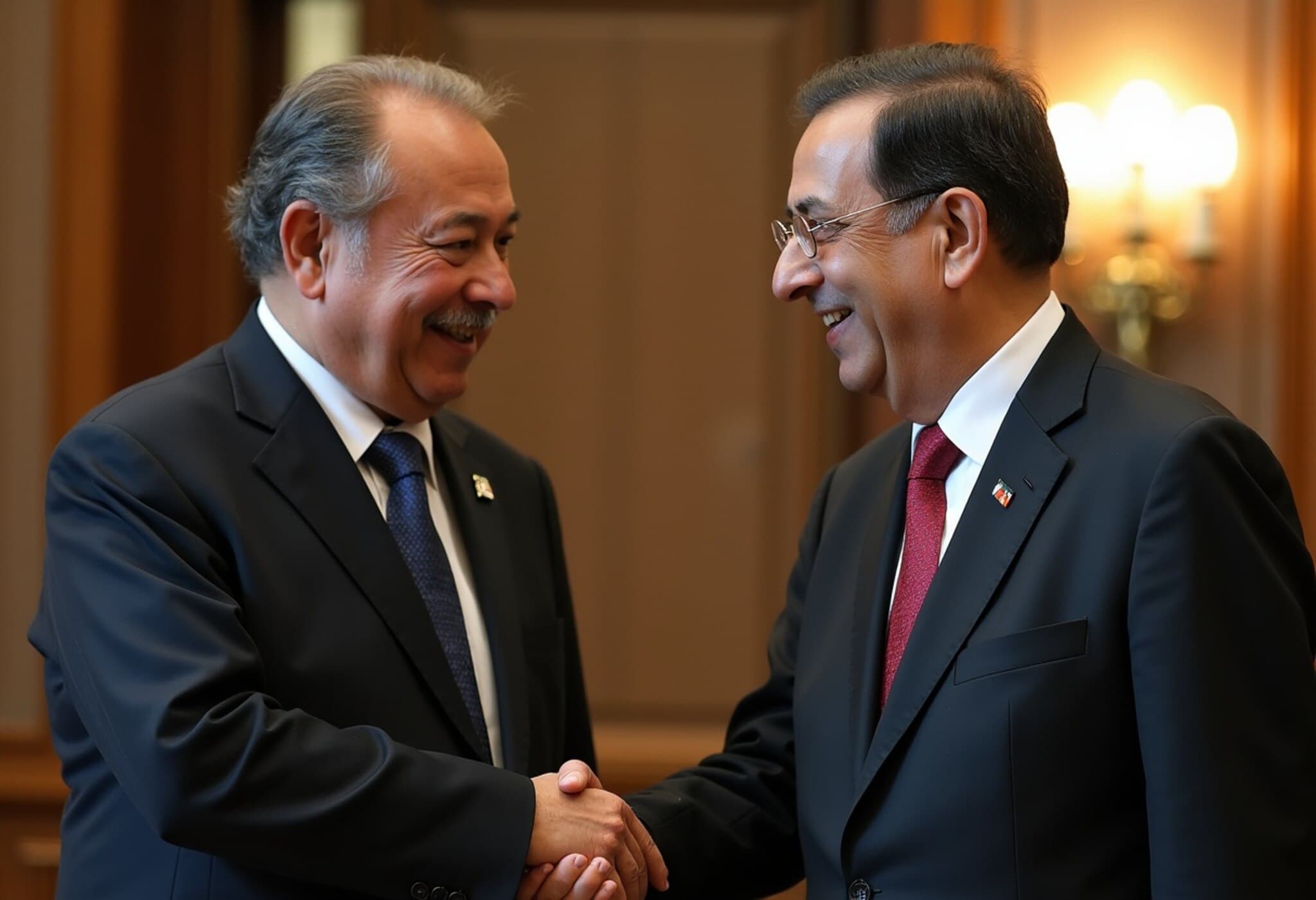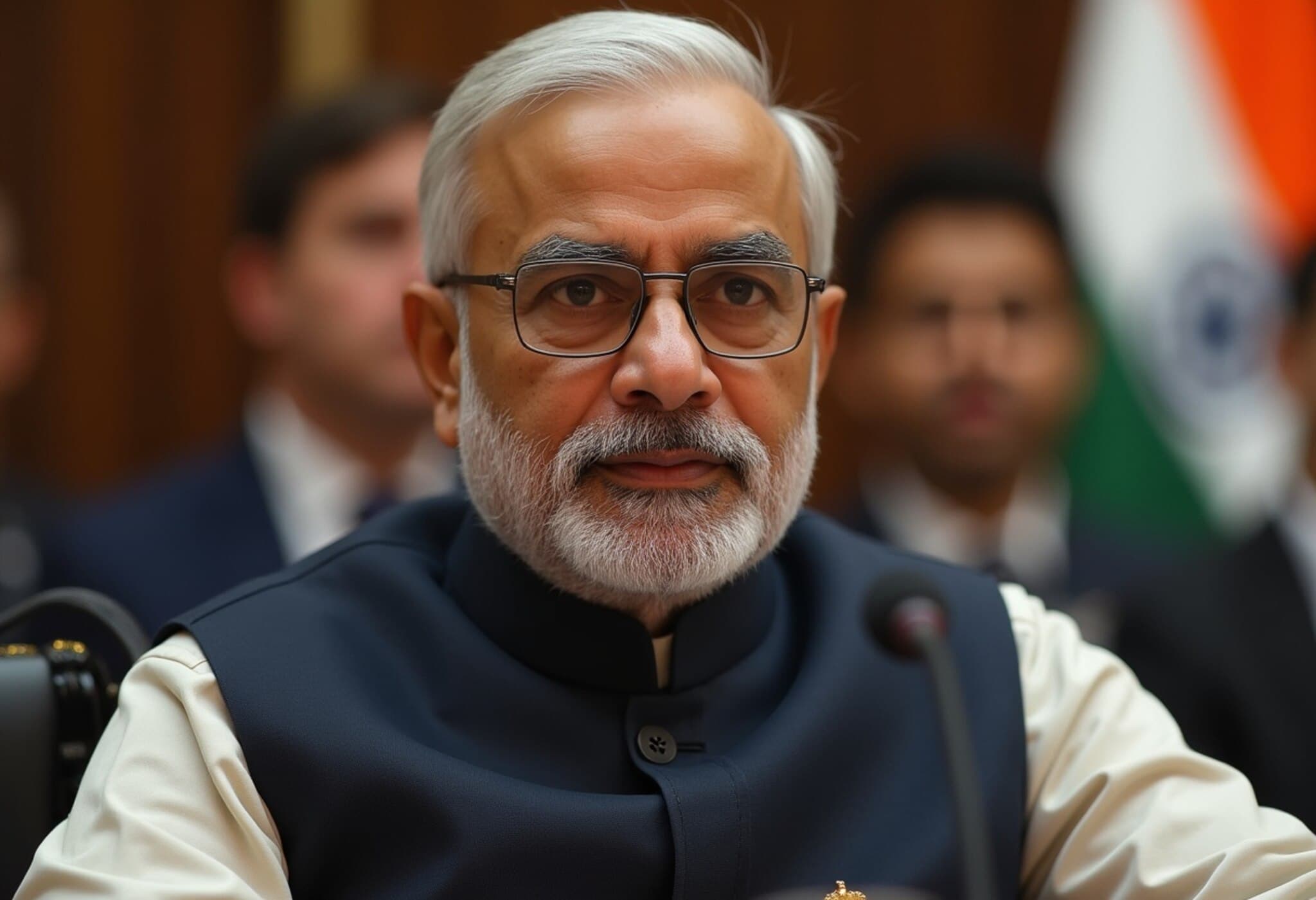Trump Sets Two-Week Deadline for Ukraine Peace Resolution
On August 23, 2025, US President Donald Trump voiced deep frustration over the sluggish progress in achieving peace between Russia and Ukraine. Speaking candidly from the Oval Office, Trump announced he would make a "very important decision" within the next two weeks, warning of possible "massive" sanctions or tariffs on Russia if both Moscow and Kyiv fail to agree to a peace deal.
Pressures Mount as Diplomatic Efforts Stall
Addressing reporters, Trump emphasized that his next steps will hinge on developments in the upcoming fortnight. He reiterated a firm stance that either economic pressure will intensify or the US might distance itself from the conflict, stating, "It’s not Washington’s war if they can’t come to terms." Trump's remarks underline his intent to push for a trilateral summit that includes himself, Vladimir Putin, and Volodymyr Zelenskyy, even as he acknowledged significant challenges ahead.
- Sanctions or tariffs: Trump threatens "massive sanctions or tariffs or both" on Russia.
- Trilateral meeting: Aiming for a high-level summit with Putin and Zelenskyy.
- Two-week deadline: Marks a window to decide future US involvement.
The Ongoing Human Toll and America's Role
Reflecting on the conflict’s cost, Trump showed visible displeasure, noting an American factory in Ukraine was recently struck by a Russian missile. He lamented, "I’m not happy about it, and I’m not happy about anything about that war." Citing his past record in conflict resolution—claiming he helped settle seven wars and averted a nuclear confrontation between India and Pakistan—Trump framed his approach as measured yet firm.
Complex Personalities and Diplomatic Hurdles
One of the core obstacles to peace, according to Trump, lies in the personal dynamics between Putin and Zelenskyy. The president likened their relationship to "oil and vinegar," highlighting the deep mistrust and divergent objectives that complicate negotiations. Russian Foreign Minister Sergey Lavrov recently affirmed that Putin remains open to dialogue but stressed that substantive groundwork must preface any presidential meeting.
Implications for US Foreign Policy
Trump expressed reluctance to personally mediate the talks unless absolutely necessary, preferring that Putin and Zelenskyy find common ground independently. However, the president did underline the urgency to stop ongoing violence, pointing out the staggering loss of around 7,000 lives. His comments raise pivotal questions about the future US approach: Will America increase pressure on Russia economically, or pivot away from direct involvement?
Expert Analysis: What This Means for Global Stability
The looming deadline underscores a critical juncture in one of the most volatile conflicts in recent history. Economists warn that imposing hefty sanctions or tariffs could ripple across global markets, potentially exacerbating inflationary pressures. From a geopolitical standpoint, a hardened US stance may either compel Russia to negotiate seriously or escalate the conflict further, risking wider regional destabilization.
Moreover, the analogy of Putin and Zelenskyy as "oil and vinegar" poignantly captures the human dimensions of conflict—clashing ideologies, national pride, and personal grievances that defy simple resolutions. In this context, any lasting peace will likely require multifaceted diplomacy beyond just summitry, involving sustained engagement from international actors.
Looking Ahead: Questions to Watch
- Will the proposed trilateral meeting materialize, or will entrenched disagreements doom the talks?
- How will the US balance economic sanctions with diplomatic incentives to encourage peace?
- What role can European and other global powers play in facilitating dialogue?
- How might the conflict’s economic fallout impact the broader international community?
Editor’s Note
President Trump’s two-week ultimatum highlights both the urgency and complexity of the Ukraine-Russia conflict. While economic leverage remains a potent tool, the fractured personal and political dynamics demand nuanced solutions. As the world watches, the critical question remains: can diplomacy prevail before deeper divisions harden, or will we witness an escalation with far-reaching consequences?

